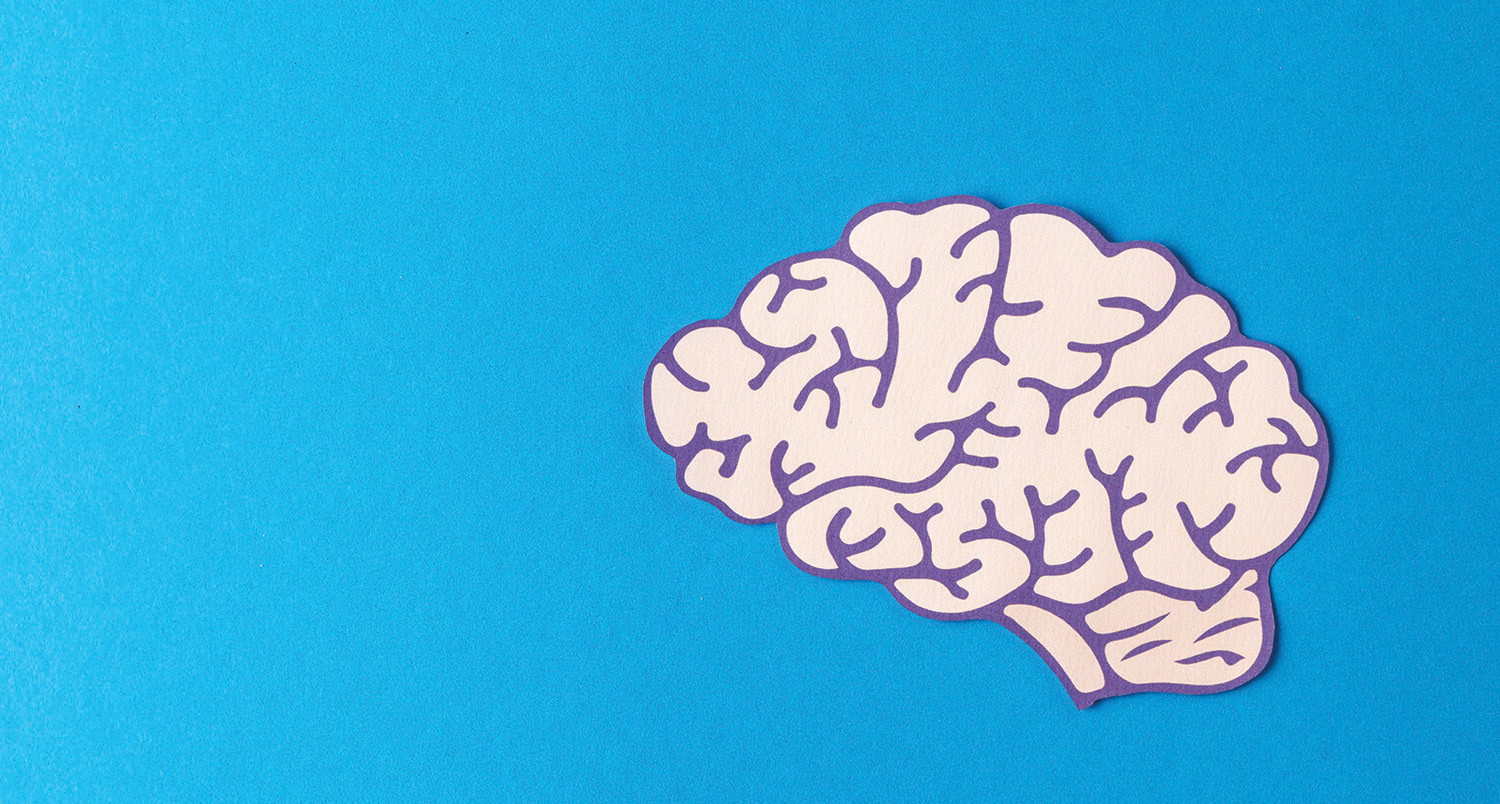
See the science-backed supplements that may help.
Much emphasis is placed on developing our bodies, but what about our brains? Cognitive health is the foundation of our mood, memory, focus and ability to adapt. In today’s fast-paced world, learning to build mental resilience and support emotional well-being is critical. And neuroscience shows the brain is far more adaptable than we once believed, meaning we can improve it at any age.
The power of neuroplasticity The human brain possesses the extraordinary ability to reorganize itself through neuroplasticity, the process by which new neural connections form in response to learning or experience. Research from the University of California, Berkeley, shows that even older adults can rewire their brains by engaging in new activities, physical movement or cognitive training.
Challenging the brain with novel stimuli such as learning a language or musical instrument stimulates the growth of dendrites and strengthens neural pathways.
Mental health and resilience Training your brain also means protecting your emotional landscape. Mental resilience, the ability to bounce back from stress or adversity, is linked to how our brains process emotions. Studies show that resilient individuals exhibit greater activity in the prefrontal cortex, responsible for executive function, and better connectivity with the amygdala, which governs fear and stress responses.
Practices like mindfulness meditation, cognitive behavioral therapy and gratitude journaling can increase resilience by helping to reframe negative thoughts and reduce chronic stress.
The role of social connection Brains are wired for connection. Social engagement plays a vital role in emotional regulation, memory retention and even longevity. Research published in the American Journal of Public Health found that women with larger social networks had a significantly reduced risk of dementia compared to those without.
Make brain training a group activity by joining a book club, attending a dance class or having meaningful conversations. Connection fosters cognitive reserve, a buffer against age-related decline.
Nutrition and supplements A Mediterranean-style diet rich in leafy greens, omega-3s, berries and whole grains has been shown to support memory, mood and cognitive function. Science-backed supplements may help, including:
• Omega-3 fatty acids Linked to improved cognition and mood
• Citicoline Supports neurotransmitter synthesis and energy production
• Phosphatidylserine May improve memory and processing speed, especially in aging adults
• L-theanine Promotes calm focus and reduces anxiety without sedation
• Lion’s mane mushroom Stimulates nerve growth factor, potentially enhancing neurogenesis and memory
• Magnesium L-threonate Improves working memory and synaptic density
• Lithium orotate May support mood stability, neuroprotection and reduce age-related cognitive decline
Move your body, boost your brain Physical activity doesn’t just benefit your muscles. Aerobic exercise, especially moderate-intensity movement like walking or cycling, increases blood flow to the brain and stimulates brain-derived neurotrophic factor, a protein that enhances learning and memory. Aim for at least 150 minutes of aerobic exercise weekly, along with strength training and regular movement.
Army veteran Jennifer Campbell is a certified personal trainer with a master’s degree in nutrition education. She is past commander of the California Legion’s 24th District and Hollywood Post 43.
- News

